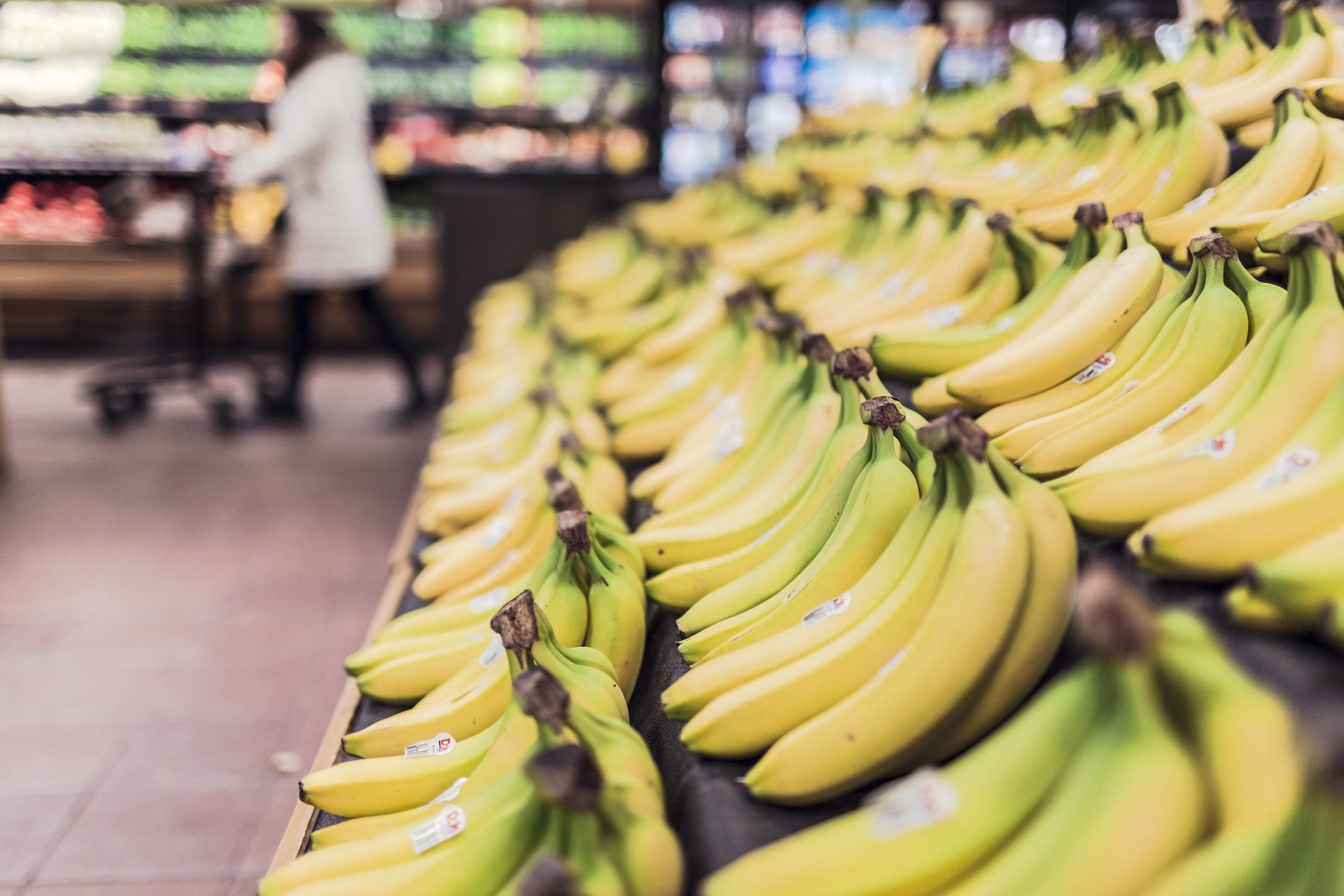Dale Crombie
- Solicitor

Retail is undergoing an unprecedented transition. The internet led to new sales channels, globalisation opened up new markets, covid shook the retail industry to its core as stores around the world were forced to close and consumers had no choice but to shop online. As part of this change sustainability is now high on the agenda for retailers.
We have all witnessed the retail sector battle with seismic change in recent times. Online shopping has been heralded as both the ‘death of the high street’ and the saviour of British retail and everything in between. Now, adding to concerns such as the impact of covid, Brexit and growing demand for next-level customer experience, both online and physical retailers have had to rapidly move sustainability up their agendas as the public demands more accountability from the companies whose products they consume.
Alan Jope, CEO of Unilever, stressed “any company that wants to stay relevant in the future should think about sustainable behaviour”.
Sustainability in retail can come in many forms and most major retailers will look to a combination of tactics to meet the all-important environmental impact targets. Retailers are devising plans that will allow them to reach achievable sustainability goals. In 2016, very few retailers had committed to lowering their carbon footprint, however by 2021, 65 global retailers pledged to reduce their carbon footprint and had established realistic targets based on scientific research.
Tesco, Sainsbury’s, Waitrose, Co-op and Marks & Spencer released a joint statement, announcing that they plan to halve the environmental impact and loss caused by their operations by 2030. These are powerful statements given the food industry is responsible for almost 60% of the global damage to biodiversity and is responsible for more than a quarter of all greenhouse gas emission.
But it’s not just in the food industry. Some £140m worth of clothing and 22 million pieces of furniture are sent to landfill every year in the UK alone. Many retailers have decided that the best way to combat landfill is to increase the lifespan of their products through recycling or repair initiatives. Brands such as SCHUH are giving customers £5 to spend for every pair of shoes that a customer donates in-store. 98% of the donated items from this initiative have been sold to third world countries and these goods serve as a small business opportunity for poverty-stricken families. The main benefit of this initiative is that it reduces waste through increasing a product’s lifespan and puts retailers a step closer to reaching their goal of a circular economy.
Traceability is the process of monitoring a product’s journey from sourcing materials, through product creation and delivery to the end customer. Retailers’ sustainability goals mean they’re now accountable for their supply chain’s carbon footprint too.
Retailers can no longer afford for their products to be associated with companies who don’t align with their environmental goals, which would contradict their own values and question their integrity and commitment to the fight against climate change. It is the retailer’s responsibility to work with supply chain partners and other retailers to ensure that they share the same ideas in relation to sustainability and hope to achieve the same goal.
However, traceability claims need to be thoroughly researched, accurate and honest, something that is both time and cost intensive. With covert investigations into major high street brands unveiling the truth behind brands’ claims and resulting in accusations of greenwashing, missteps in environmental claims have the potential to seriously damage reputation in the eyes of increasing environmentally conscious consumers.
A great way for retailers to promote sustainability and to demonstrate their commitment to the cause, is to help their customers lower their own carbon footprint. 88% of consumers say they want retailers to help them to become more environmentally and eco-friendly. This doesn’t only promote the retailer’s ethos and push them towards their sustainability goals, but it also gives the customer an opportunity to lower their own carbon footprint.
Sustainability of a retailer is no longer measured only in terms of the materials from which their products are made. Everything from the increased packaging used for online orders versus in-store shopping, the carbon impact of the ‘final mile’ of delivery right through to the fabric of the buildings in which they’re housed and the energy these buildings consume all come into play in the eyes of the consumer.
This has been demonstrated by the recent backlash against Marks & Spencer’s plans to demolish their flagship Oxford Street premises. Crowdfunder campaigns, petitions and outrage in the media have all been driven by concern over the potential environmental impact.
Sustainability in all its forms is becoming a necessary part of how retailers run their day-to-day operations. This trend is here to stay as consumers are making it clear they regard sustainability as a key influencer in how they decide to spend their disposable income. At the same time retailers are also facing pressure from their shareholders and investors to adopt sustainable strategies, so it is no wonder the retailers are ensuring that they have the same focus.
A version of this article was published by The Scotsman.
You may also be interested in the following articles: